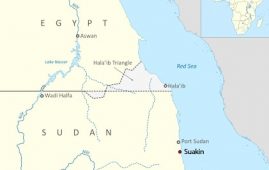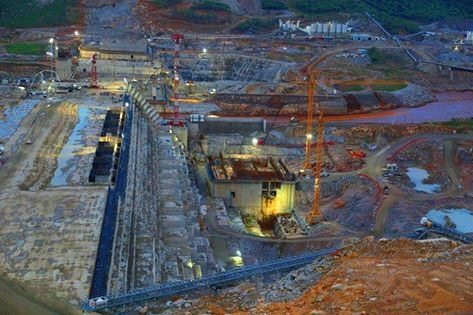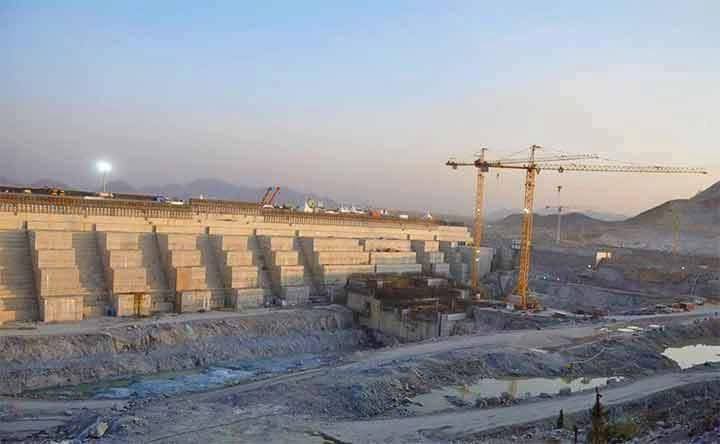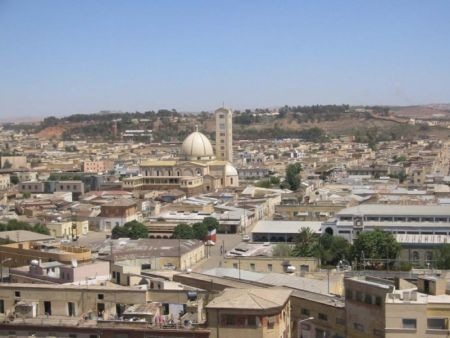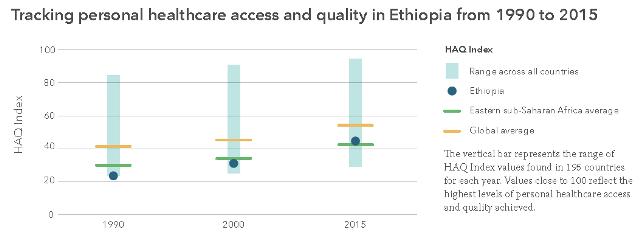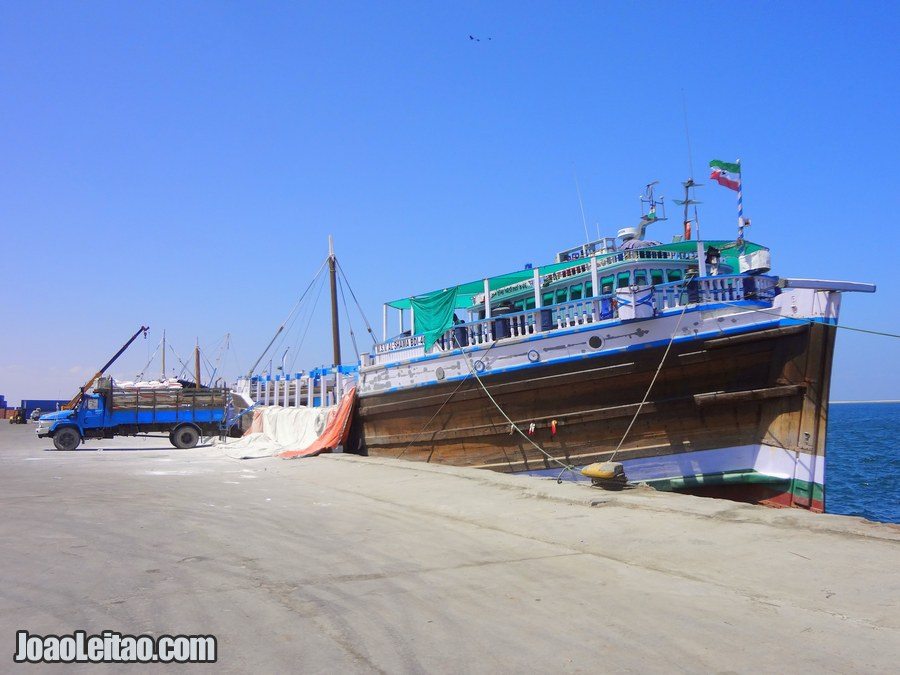Ethiopia’s commitment to cooperation over the Nile waters is longstanding. Its promotion of the principles and mechanisms of cooperation based on equitable and reasonable utilization of the Nile waters is well known and incontestable. At the same time, Ethiopia has never subscribed to any view that some countries are entitled to hegemonic control of the Nile. Nor has it ever accepted the status quo established on the basis of archaic agreements that purported to exclude not only Ethiopia, but all other upstream countries.
Ethiopia has always been committed to expanding mutual understanding in order to enhance cooperation in the Nile Basin. It promoted and actively participated in the 2002 Nile Conferences, from 1993 to 2002. Ethiopia keenly participated in the establishment of the Nile Basin Initiative and its subsequent development. Along with this, it has emphasized that this cooperation must establish robust legal and institutional foundations. This is necessary to guarantee durable and credible cooperation. Ethiopia’s constructive contributions toward the drafting and conclusion of the Nile Cooperative Framework Agreement (CFA) were therefore as significant for Ethiopia as for all the Nile riparian countries. The CFA is unequivocally an instrument meant to safeguard the water security of the Nile for all riparian countries.
Ethiopia firmly believes in the immense potential for greater cooperation and ever-growing mutual benefits from the Nile. It has, therefore, strongly supported and played an active role in attempts to set up Joint Multi-Purpose Projects for the three Eastern Nile Countries of Egypt, Ethiopia and Sudan.
In this regard the construction of the Grand Ethiopian Renaissance Dam (GERD) on the Abay River (Blue Nile) will undoubtedly benefit Ethiopia as much as it will the two downstream countries, Sudan and Egypt. GERD provides an opportunity for renewed cooperation between the three countries. Through such cooperation, the three riparian nations will not only overcome any historical tensions, but they will also be able to make themselves permanent partners for cooperative development and sustainable peace in the region.
The GERD can enhance sustainable socio-economic development, prosperity and peace in the Eastern Nile Basin in the 21st century, and it can be used as a platform for broader regional cooperation on economic development and environmental protection. Indeed, it can be taken as a concrete case of upstream-downstream cooperation for equitable utilization of the shared water resources, and as a means of sustainable benefit-sharing among the Eastern Nile Basin countries, and as an example for the other riparian states.
Ethiopia’s role in the family of the Nile Basin nations has been active and positive. The commitment for continued cooperation in the water sector will remain unchanged and unswerving. The late Prime Minister Meles Zenawi was an advocate and a torch-bearer for cooperation, peace building and mutual security in our region. We would emphasize to all our friends and everyone else that Ethiopia will continue with its policies of cooperation, and especially as regards the Nile. Ethiopia regards itself as duty bound to honour the commitments and the legacy of the late Prime Minister. It holds fast to a sustained effort to realize his vision of a regionally integrated, prosperous, peaceful and secure Nile Basin.
***************
Originally published on A Week in the Horn – Sept. 14, 2012, titled “Ethiopia’s firm commitment to cooperation over the Nile”.
